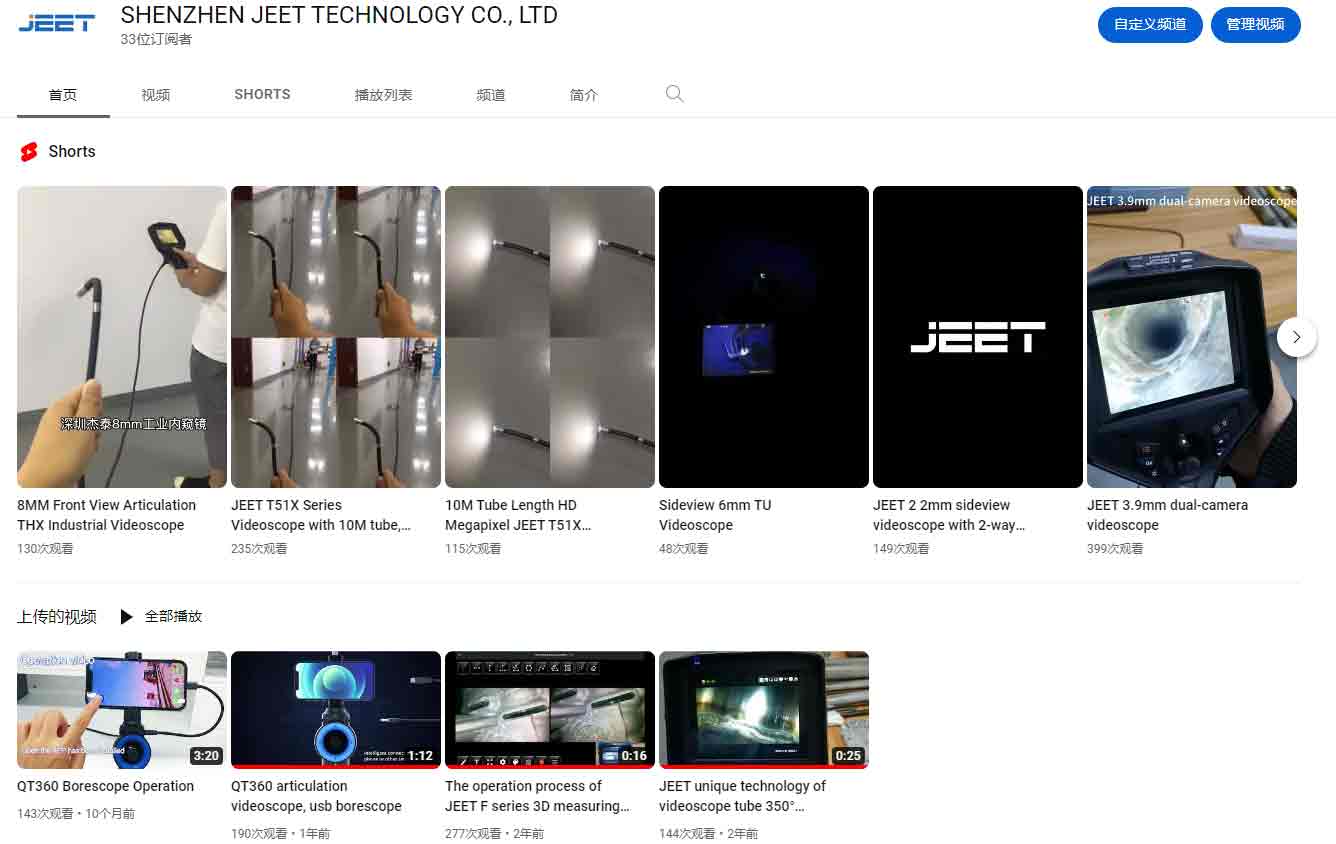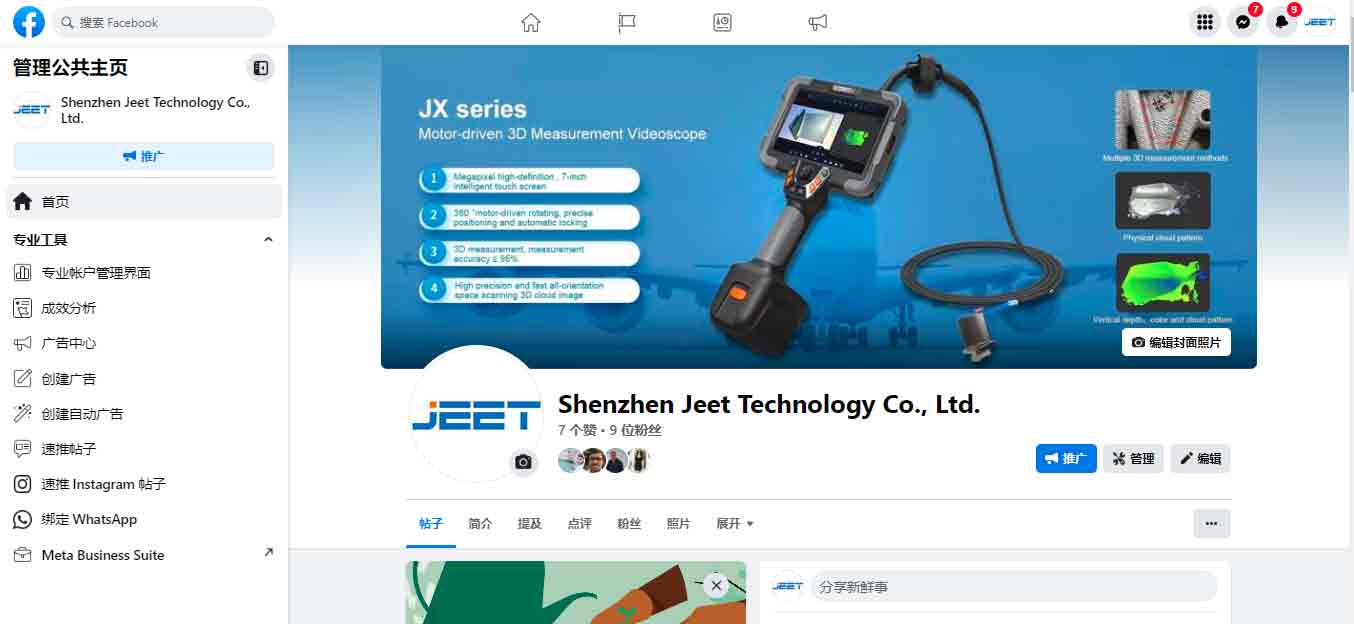Application of industrial endoscope in welding inspection
Welding technology is an indispensable process in modern industry high quality and high efficiency manufacturing technology. The application of pipeline welding in many welding technologies is of great significance. Pipeline is used to transport various media. As special facilities, welding technology can be seen everywhere: power plant, shipbuilding, chemical company, pharmaceutical equipment, etc. The use and scope of the pipeline are larger and higher, and the quality requirements are higher and higher. Therefore, the welding test of the pipeline is particularly important.
Although pipeline welding is the research scope of welding engineering information technology as other welding structure design, because the pipeline connection belongs to a typical shell structure, different from the analysis of the general beam frame structure and the grid structure, the pipeline should bear the pressure inside and outside the pipeline, so it is required that the welded joint can have good strength, compactness and toughness, To ensure the safety of the pipeline management system. However, in the actual construction of welded pipelines in China, it is inevitable that there will be defects through various problems. Some defects can not be ignored in the pipeline system, and also directly related to the quality control.
Application of industrial endoscope in pipeline welding inspection
1. shape defect: the shape of welding surface and original design geometry phenomenon we call welding shape defect. The main forms of the method include undercut, welding tumor, burn through, pit, incomplete welding, collapse, sagging, edge error, poor welding formation, uneven weld width and irregular surface.
2. porosity: the porosity is a cavity formed by the residual bubbles in the molten pool which cannot escape during solidification.
3. incomplete penetration: incomplete penetration refers to incomplete penetration at the root of joint or insufficient weld depth.
4. solid inclusions: solid inclusions are slag inclusions, inclusions and tungsten inclusions produced by manual argon arc welding due to insufficient surface pretreatment or improper operation of welding joints. If the cutting nozzle is not polished or not handled properly, etc. The existence of solid inclusions in welded joints will bring a series of problems such as stress concentration, stress corrosion and rough weld surface, which can not meet the requirements of smooth inner wall in medical engineering
5. Other defects: other defects refer to the general term that all of these defects including those we have in the previous categories of defects cannot be carried out. In the management of welding structure engineering of clean medical pipeline, there are surface tearing and abrasion marks.
If the pipeline is welded carelessly, serious consequences may be caused. Taking pharmaceutical industry as an example, when the above welding defects appear on the clean pipeline of pharmaceutical equipment, but because the naked eye cannot observe or the industrial endoscope cannot be detected, the equipment will produce residual slag and incomplete cleaning at the weld of clean pipeline after the equipment is put into operation, which will directly affect the quality of the drugs produced, and even lead to the qualified batch production of drugs, It causes serious waste of resources and seriously affects the reputation of pharmaceutical equipment manufacturers. Therefore, the welding inspection of pipeline is paid more and more attention. As an important non-destructive testing scheme, Shenzhen Jietai industrial endoscope provides strong support for the detection of the outer surface of the welding part and provides a strong guarantee for the welding quality of the pipeline.



